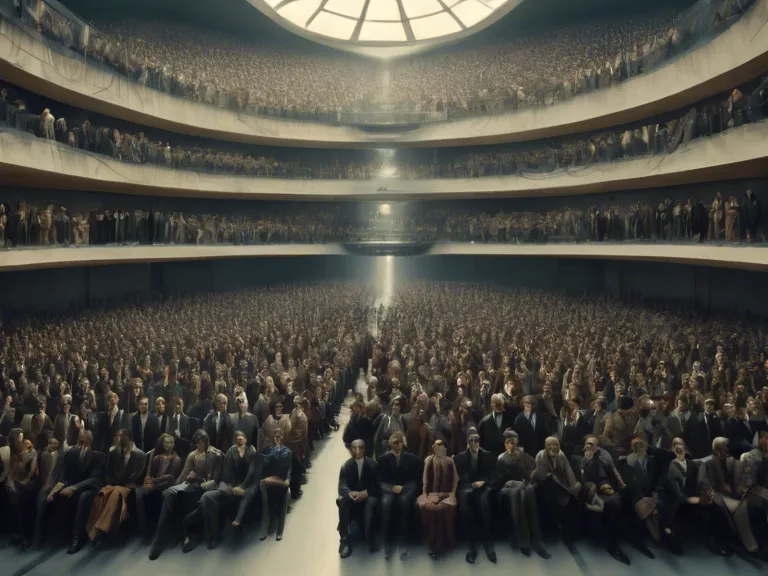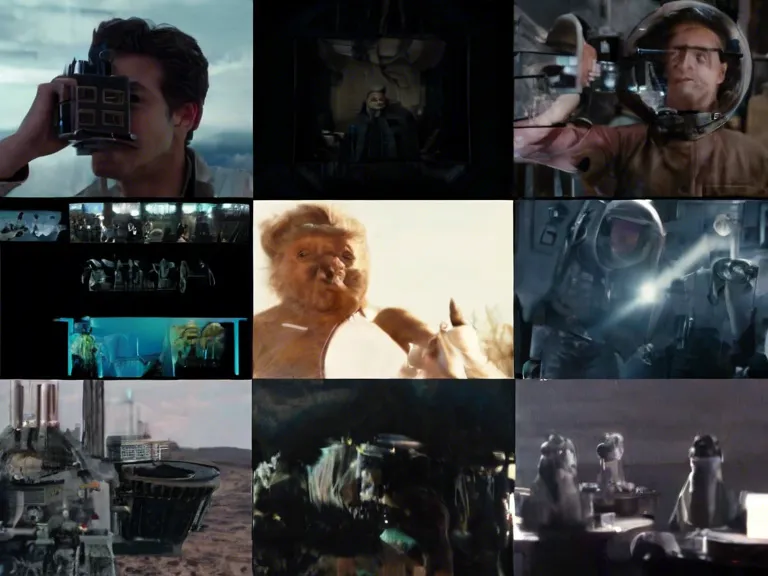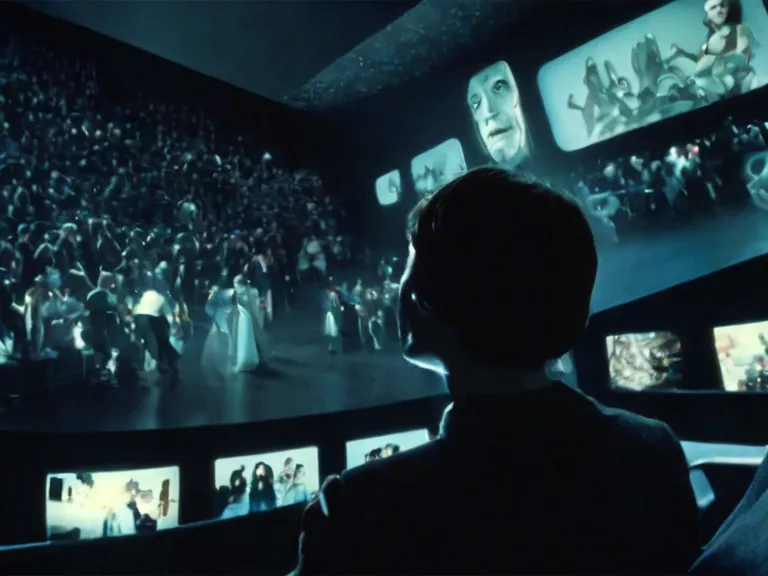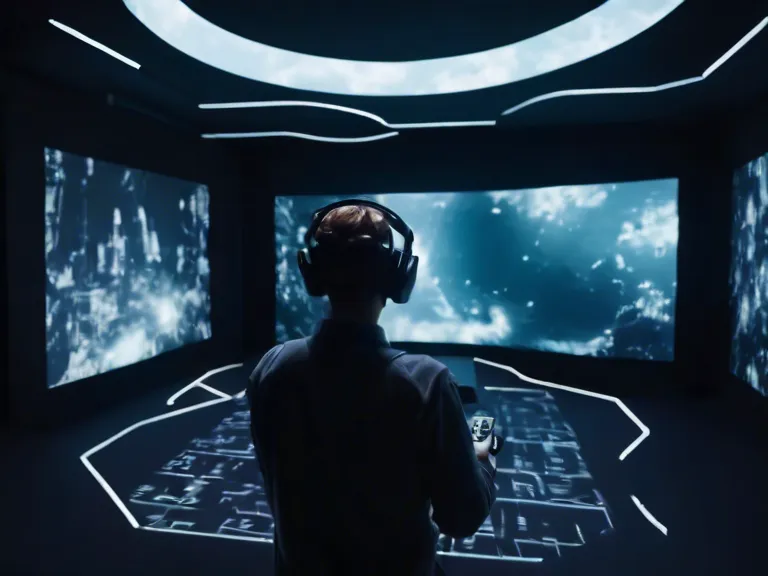
In the realm of science fiction films, our imaginations are often transported to future societies where technology, politics, and human nature intersect in fascinating ways. These cinematic portrayals offer glimpses into possible futures and provoke contemplation on the human condition. In this article, we explore Aristotelian reflections on how future societies are portrayed in film, examining how these representations affect our understanding of ethics, politics, and the nature of humanity.
Aristotle, a Greek philosopher known for his profound insights into ethics and politics, believed that the purpose of society is to promote the common good and cultivate virtue in its citizens. In the context of future societies depicted in film, we can apply Aristotelian principles to evaluate the ethical implications of the social structures, values, and behaviors presented on screen. Are these societies conducive to human flourishing, or do they perpetuate injustice and moral degradation? By analyzing these films through an Aristotelian lens, we can gain a deeper understanding of the ethical dilemmas and societal challenges they explore.
Furthermore, Aristotle's political theory emphasizes the importance of governance and the role of the state in promoting the well-being of its citizens. When we examine future societies in film, we can assess the different forms of government depicted and evaluate their effectiveness in fostering a just and harmonious society. Are these future governments guided by the principles of justice, moderation, and the common good, or do they succumb to tyranny, corruption, and oppression? By reflecting on these portrayals through an Aristotelian framework, we can critically analyze the political systems presented in these films and reflect on their implications for our own society.
Ultimately, the portrayal of future societies in film serves as a mirror reflecting our hopes, fears, and aspirations for the future. By engaging with these cinematic representations through an Aristotelian perspective, we can deepen our understanding of the ethical, political, and philosophical questions they raise. As we continue to explore the boundless possibilities of future societies on screen, let us remember Aristotle's timeless wisdom and reflect on how these imagined worlds can illuminate the complexities of our own society.



